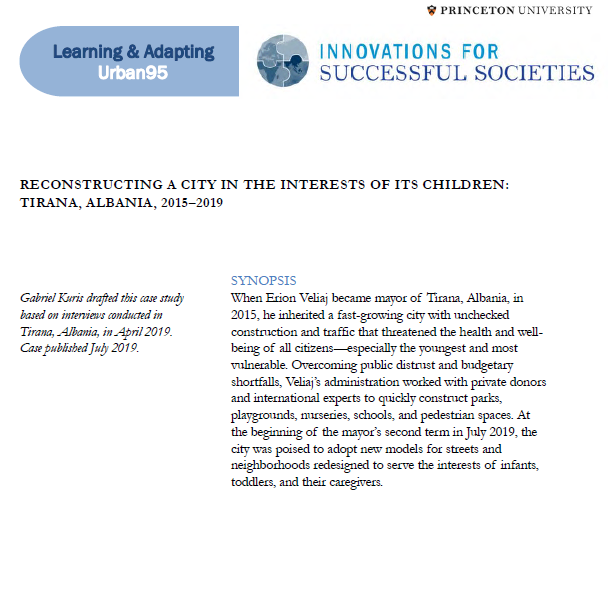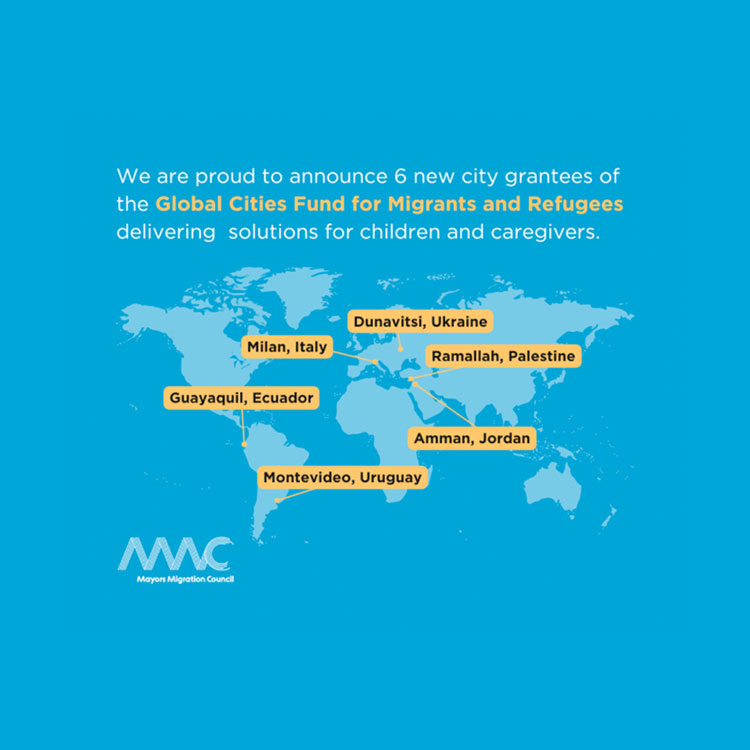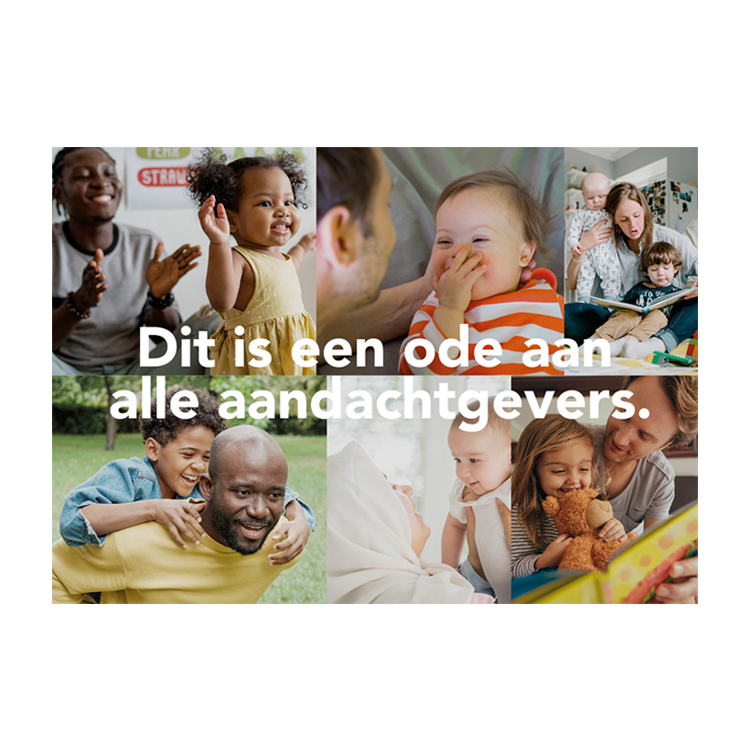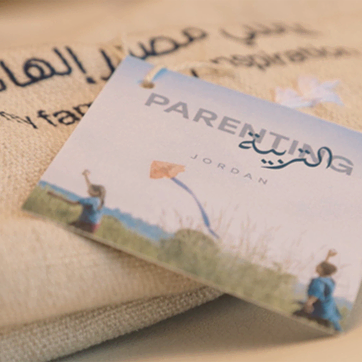We are gradually publishing a series of 15 case studies on scaling early years initiatives. Conducted by researchers at Princeton’s Innovations for Successful Societies, RAND Europe and Harvard’s Kennedy School, each of the case studies will describe learnings from a scale-up partnership of the Bernard van Leer Foundation. The aim is to enable others to understand the processes gone through and lessons learned along the way, as well as to inform and improve decision-making in future initiatives. The cases can be used for teaching purposes or for self-study (and are accompanied by further teaching tools).
The case studies currently available look at:
- How Teresa Surita, five-term mayor of Boa Vista, Brazil, built on work to improve early childhood services while assisting refugees fleeing Venezuela (download here).
- Urban early years reforms in Tirana, Albania, including new parks, playgrounds, nurseries, schools and pedestrian spaces, under the leadership of Mayor Erion Veliaj (download here).
- Mayor Geraldo Julio’s investment in the early years in Recife, Brazil, as an innovative Urban95 strategy to address crime and economic inequality (download here).
- The growing priority given to young children and caregivers across the Tel Aviv city government between 2016 and 2019 (download here).
- The logistical challenges faced by the Cuna Más home visiting programme in Peru, an ambitious nationwide parenting initiative of President Ollanta Humala (paywalled here).
- Mothers of Rotterdam, an innovative social service programme for disadvantaged pregnant women initially started by a venture philanthropy foundation (paywalled here).
With detail on the specifics of the programme and the local context, the case studies look at questions including what were the goals for social change, how plans were made and strategic decisions taken, how political consensus was built and communities engaged, what have been the main dilemmas, challenges and opportunities, and issues of monitoring, tracking results and learning.
The Bernard van Leer Foundation believes the transition to scale – which we define as reaching at least 50,000 children, or covering the full population of a defined administrative territory such as a city or state – is the major current challenge in early childhood development.
Common challenges in taking a programme to scale identified by the Bernard van Leer Foundation include inter-sectoral collaboration and coordination, monitoring and management mechanisms, quality of the workforce, operating models, understanding cost drivers, maintaining continuity across electoral cycles, and – a critical issue in services for young children – how to “scale up love”; in other words, responsive caregiving and affectionate human interaction.
Our current strategic plan is focused on building partnerships to support implementation of promising policy ideas at scale. We have commissioned these case studies to support an ongoing (and real-time) process of learning together with our partners and also because efforts to scale are rarely documented to explain insights into what does and does not work in ways that others can use. Our aspiration is to contribute to building this body of knowledge.
Links to further case studies will be added to this page and shared on our Twitter account as they become available. Should you have any questions about the case studies, or if you would like access to the detailed teaching tools which accompany each case, please feel free to reach out to Irina Ivan at irina.ivan@bvleerf.nl.




